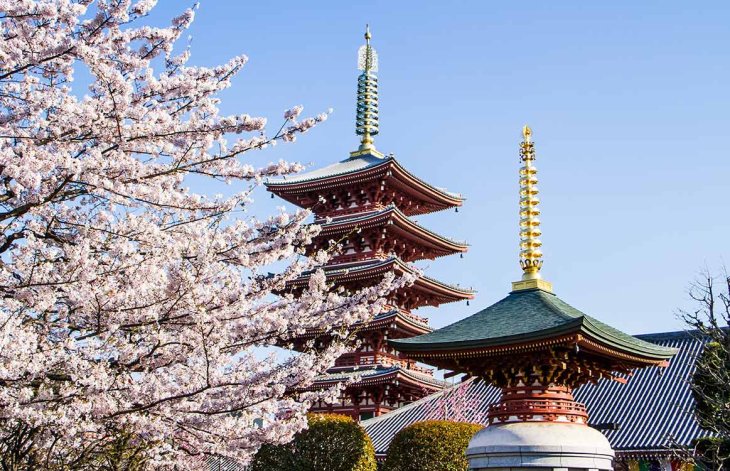
What is the time zone in Japan?
GMT +9 hours
GMT +8 during UK daylight saving time
What is the International dialling code to call Japan?
+81
What will the weather be like?
Japan prides itself on having four distinct seasons. In July the weather will be hot, with all destinations on the tour experiencing temperatures in the mid to high 30’s (and sometimes higher) and evening temperatures in the mid 20’s degree C. Humidity ranges from the low 70% to mid 80%. July is also still at the tail end of the rainy season so there might be occasional heavy rainfall.
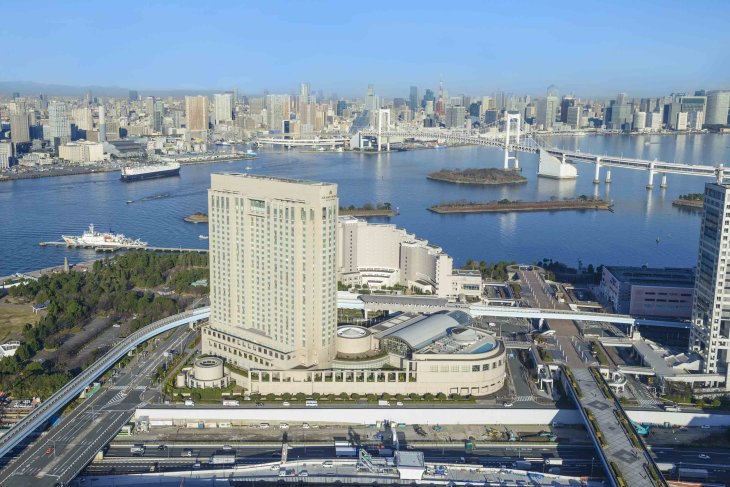
What will the hotels be like in Japan?
Our featured accommodations are all a three star or four star. Part of the beauty of travelling to Japan is to experience the many cultural differences. One of the differences you will find is the hotel rooms, which in general can be expected to be smaller than you may be used to in Europe. Additionally, the cultural norm in Japan is for couples to have two separate single beds, rather than share a double bed. Due to this fact hotels have a very limited supply of traditional double-bedded rooms. As such we are unable to guarantee double rooms but will do our utmost to provide these where possible.
Hotels in Japan also differ from the UK in terms of their smoking policies, and it is still normal for hotels to offer a large percentage of smoking rooms. It is our intention to offer as many non-smoking rooms to clients as possible but again we are unable to guarantee non-smoking rooms in all hotels.

When will I know about my flights?
Our group flights are with Cathay Pacific, giving us the ease of flying into Fukuoka, via Hong Kong. If you would like to change your flights to spend longer in Japan, or to travel with a different airline please contact us so that we can quote you for your requirements. Please note there are no direct flights from the UK to Fukuoka (the closest international airport for the first tour destination).
Please note we are unable to make bookings on your behalf through Air Miles. If you would like to take this option, then we can offer you a tour on a ground only basis enabling you to make your own flight booking.
Will I get the chance to travel by train in Japan?
Trains in Japan are known for being speedy, spacious, spotless, and punctual. Unlike the UK the trains in Japan run on time, to the second, not just to the minute - this can take some getting used to!
The train network is extensive and travel by train is a very efficient way of crossing Japan, along with being part of the cultural experience of a visit to Japan. We will use both Bullet trains (shinkansen) and Limited Express trains (similar to our InterCity trains) depending on the itinerary of your tour.
Trains do not contain luggage storage, apart from overhead lockers. To resolve this, and to stop people having to haul their luggage across busy railway stations the Japanese have an efficient and reliable luggage forwarding service. Your luggage is collected from your hotel the night before you travel (or very early the morning of your departure) and is delivered to your destination hotel on the day of your arrival, and on one occasion the following day. We will be making use of this service for our train travel (included in the price of the tour), and it is worth considering when planning your packing to have a good-sized day rucksack to carry any essentials (medicine, valuables etc).
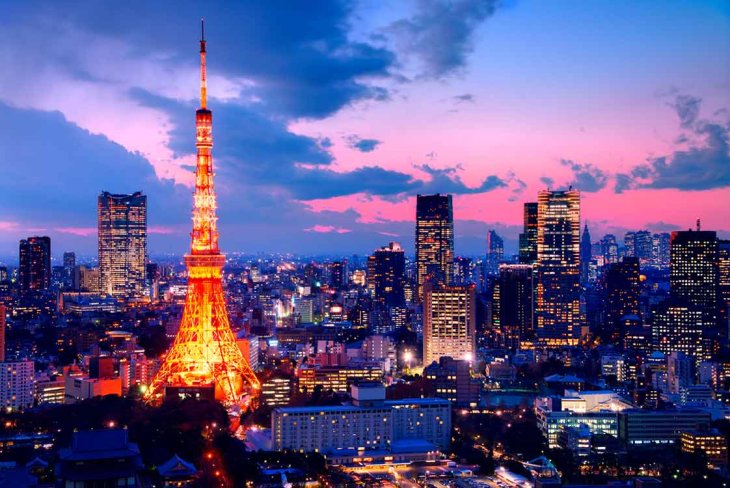
What money will I need?
The national currency of Japan is the Yen (¥) and notes come in 1,000, 2,000, 5,000 and 10,000-yen denominations. Coins come in 1, 5, 10, 50, 100 and 500-yen denominations. There is approximately 150 yen to 1 GBP.
Japan is a cash economy, and a lot of places still only accept cash so, it is important to plan ahead with your money. If there is a notice that debit and credits cards are accepted it is important not to assume your card will be accepted, as some non-Japanese issued bank cards are rejected. On a recent trip when paying at a restaurant we went through three bank cards before one was accepted.
The best option for withdrawing money in Japan are ATM’s at Post offices or stores affiliated with the 7-Eleven chain of convenience stores and the AEON chain of supermarkets. The International ATM Service sign and the logos of usable credit cards are displayed on the machines. Japanese bank ATMS’s frequently do not accept non-Japanese credit cards.
There is a 10% consumption tax levied in Japan. In the past, stores used to be required to show the after-tax prices; however, with the rise in the tax over the last few years some shops are now also displaying pre-tax prices. Foreign visitors can get tax free shopping in some stores but will need to show their passport at the counters where this is advertised.
What’s the best way for me to stay in touch with home whilst I’m away?
Until recently foreign mobile phones did not work in Japan, this has changed, and most modern smartphones should work if they are 3G or 4G enabled (please check with your mobile phone provider), in which case you should be able to make calls and texts and use data. Please note that roaming charges would apply and can expected to be very high (again please check with your mobile phone provider).
Most hotels and many public places (restaurants, convenience stores, train stations, airports) have WiFi hot spots so it is possible to connect to the internet on your phone and use WhatsApp, Skype etc.
Two other options are to hire a SIM in Japan and use the SIM in an old handset, or to hire a pocket WiFi device, which is a mobile hotspot that allows you to connect to the internet from your laptop, tablet or smartphone (enabling you to use WhatsApp, Skype etc). There are lots of providers of pocket WiFi devices who will deliver the device to your hotel at the start of your tour and provide a drop off point at the airport at the end of your tour.
What plug adapter will I need in Japan?
The voltage in Japan is 100 Volt, which is different from North America (120V), Central Europe (230V) and most other regions of the world. In Japan the power sockets are of type A, of the type used in North and Central America and China and Japan. If you have a US plug converter you will be able to use this in Japan.
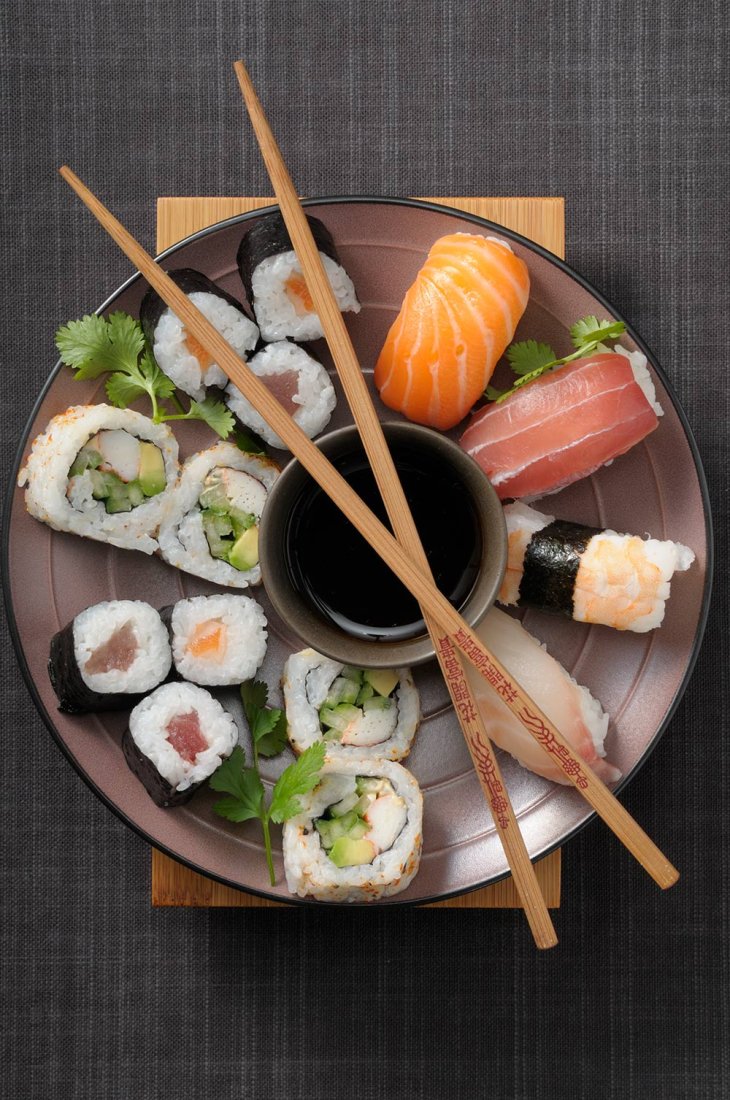
Can I expect all the food to be sushi?
Japanese food is becoming more popular in the UK, but there is still often an association with raw fish! While sushi and sashimi lovers will be able to eat to their hearts content there is much more to Japanese food – and the Japanese pride themselves on high standards and variety of food – from okonomiyaki, tempura, ramen, shabu-shabu – the list of food to try is almost endless.
On a more day to day level food for the western palate is also available, and along with MacDonald’s and Subway are Japanese burger chains (Mos burger), American style diners and Italian restaurants. It is always worth exploring the food hall of a department store for a good selection of western and Japanese restaurants. To aid ordering and understanding the menus, many restaurants have picture menus or the famous ‘plastic food’ in the restaurant window that you can point to!
I’m a Vegetarian/Vegan, will there be options for me?
Japan's Buddhist beliefs and love of tofu lead many to believe that dinning out in Japan will be heaven for vegetarians. However, vegetarianism is not widely understood in Japan and 100% meat or fish free dishes aren't common in main stream restaurants. However with a bit of preparation it is possible to enjoy eating in Japan, one option is to print a card for communicating your dietary requirements (found on the following link http://justhungry.com/japan-dining-out-cards )
What is expected in terms of tipping?
Japan does not have a culture of tipping and it is not required or expected. If you do try to tip you can expect the money to be politely returned to you.
I’ve read in the press that the rugby players have been told to cover up tattoos, why?
While tattoos have become more popular among the youth of Japan, many Japanese people still associate them with the yakuza (Japanese organised crime). Not all businesses ban customers with tattoos, but you may still be refused admission to hotel gyms, onsen and swimming pools. Small tattoos may be covered up using waterproof plasters, but keep in mind that each property has the final say on what’s acceptable and to refuse entry to their facilities.
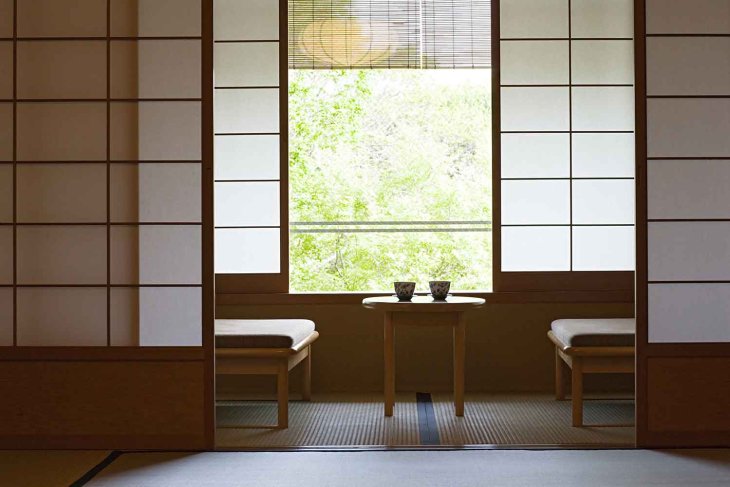
What are the rules on smoking?
Smoking is still a popular habit in Japan and tourists from the UK should be prepared for this. While there are no laws against smoking in bars and restaurants or any privately-owned business, smokers shouldn't even think about lighting up on the street, as many Japanese cities have rules prohibiting smoking outdoors, except in designated "tobacco corners." It is also worth noting that bars and restaurants commonly allow smoking in all areas rather than having designated no smoking areas, so don’t be surprised if someone lights up a cigarette at the table next to you.
What is an Onsen?
Onsen (literally translated as ‘hot spring’) is a term often used to refer to both the mineral-rich hot springs and the bathing facilities that house them. Soaking and relaxing in the soothing geothermal waters at an onsen is a custom deeply embedded in Japanese culture, and a unique experience when visiting Japan.
At an onsen guests are expected to shed all of their clothes (note bathing suits are not an option) in their respective changing rooms before entering the bathing area, which is segregated (unless you have a private onsen). Wash towels are often used for modesty while walking around. However, note that you must not put towels in the water. Once inside the bathing area, guests should use the facilities to wash and rinse their bodies thoroughly before stepping into the hot water. Whether you relax in solitude or chat to your friends, it is up to you, but be aware onsen are places of tranquillity and guests should be mindful of other guests.
What is a Ryokan?
A ryokan is a traditional Japanese inn. They usually feature public baths, multi-course dinners, communal spaces where guests can relax, and rooms with woven-straw ‘tatami’ flooring and futon beds on the floor. In addition, you remove your shoes at the entrance of the accommodation, or before you enter the room, and many guests change into yukata (a light cotton kimono).
Unlike a hotel, where the function of the hotel is simply a place to sleep for the night, a visit to a ryokan is more like a visit to a weekend spa hotel. In Japan, people travel a long way to visit popular ryokan, relaxing in a hot spring bath and feasting on a traditional multi-course dinner – making staying at a ryokan an experience in and of itself.

